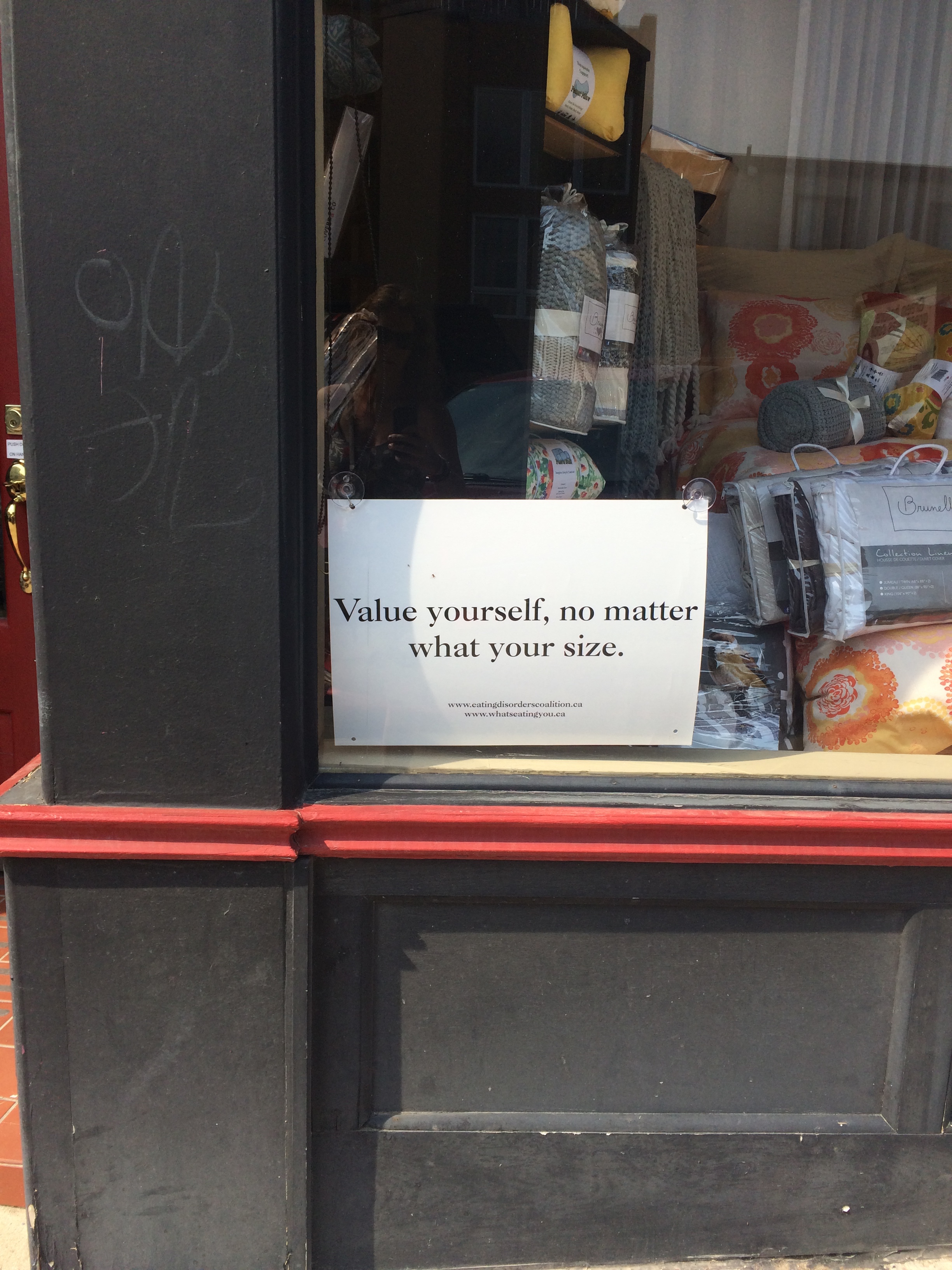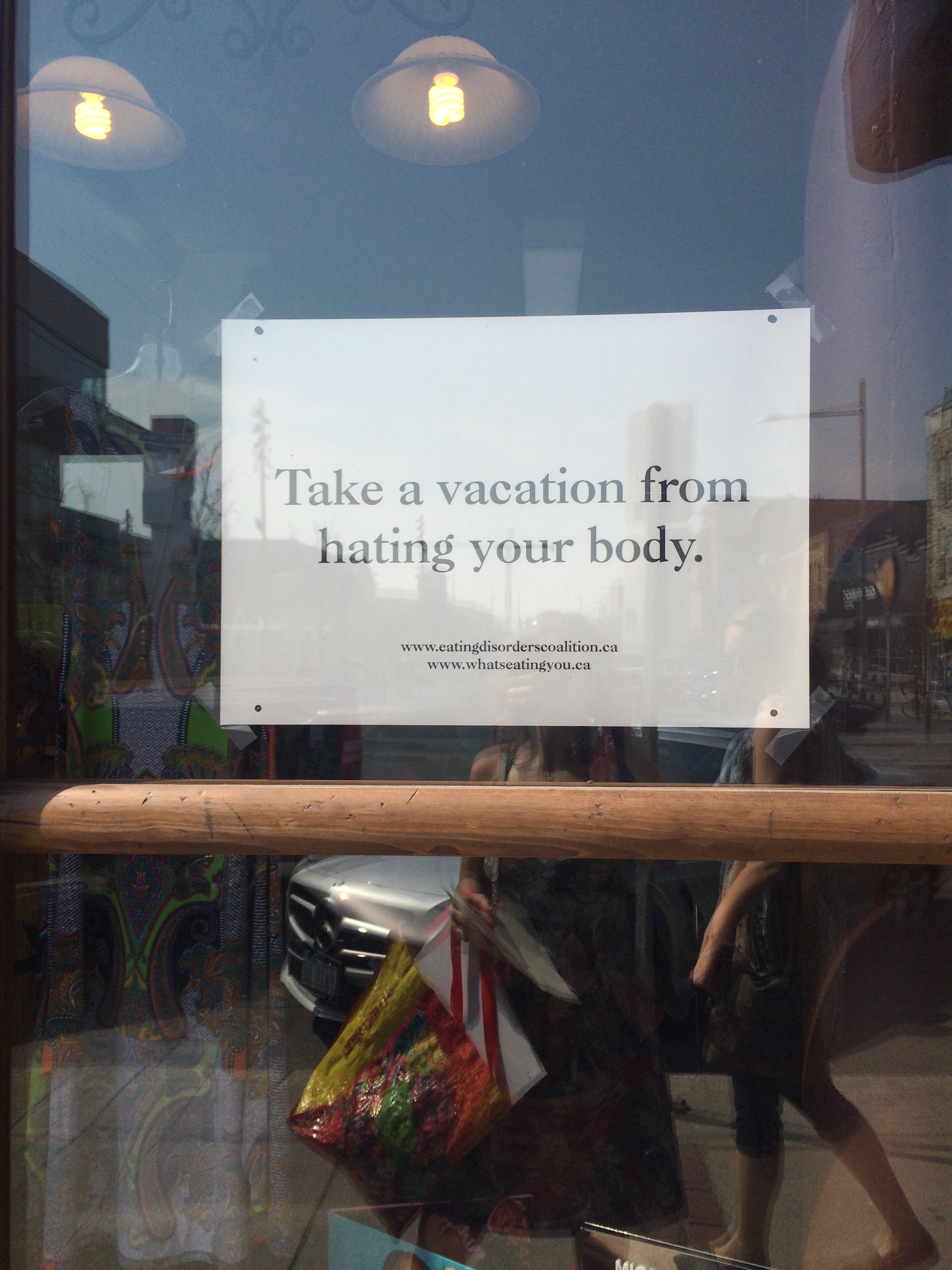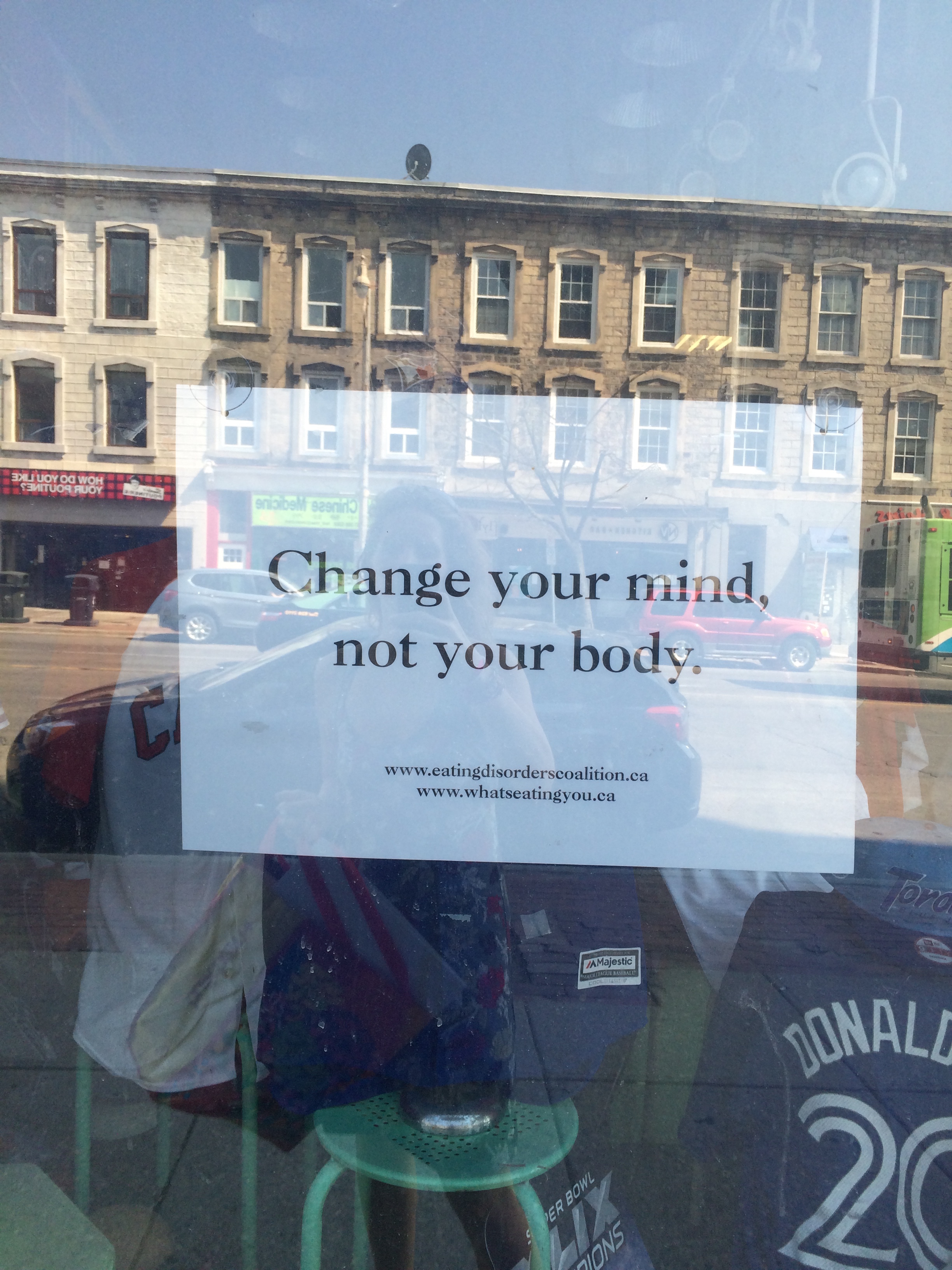Last night, I woke up and my thoughts keep running in the opposite direction of falling back to sleep. My initial thought when this happens is usually something along the lines of, "Ahh... not again. I hope this doesn't turn into a 'thing' like it did a few years back.' Then I realized I have some control over whether or not my thoughts get the best of me, keeping me awake. I lay there, eyes closed, trying to think about what I smelled, saw, felt (touched), heard and tasted. More than a handful of times did my thoughts wonder to how I couldn't fall back asleep and each time, I tried to pull myself back as to what my senses were trying to tell me in that moment.
I could feel the cushiness of the pillow as I hugged it by my head. I could feel the warmth of the room.
I didn't really smell much. Maybe the scent of stale air.
Taste? Hmm... well, it had been a few hours since I last brushed my teeth... so...
I could hear my breathing, and the creeks and 'settling' of where I live.
I saw... mystical unicorns frolicking in fields on green. Just kidding... come on guys, my eyes were shut... I saw nothing... that was just a test :)
Eventually, I fell back asleep. By practicing mindfulness, I was able to bring my thoughts to the present, instead of worrying how I couldn't fall back asleep.
A perk of learning skills for eating disorder recovery is that they can often generalize into other aspects of life. Here are a few you can practice:
Distraction - (example of when it can be used: when feeling anxious before/after having eaten something)
This is a great skills to use in the short term. Sometimes we can't always attend to what is distressing immediately. We have to learn how to put it to the side for awhile, until we can deal with it more effectively. Distraction is a great skills to use, especially when you are feeling like you are going to be symptomatic. It's important, however, to go back and learn from the situation that resulted in your feeling distressed. Distractions can include: colouring, playing solitaire, painting your nails, knitting, calling a friend, writing an e-mail or snail mail (long live the snail mail!!!), cleaning/organizing your living space, learning how to style your hair differently, look up funny videos online, etc.
Self-Care - (example of when it can be used: when you're feeling crummy about yourself and are about to say/do mean things to punish yourself)
This can take the form of following your meal plan, not weighing yourself, taking your medication properly, asking for help and so on. Self-care is an important part of recovery. You don't need to punish yourself. You can be kind. You don't always need to feel like you are 'worthy' enough before allowing yourself to practice self-care . Behaviour can come before a change in thought. That's the neat thing about recovery... there are many links in the chain and it doesn't always matter where you start. The more you treat yourself with kindness, the increased likelihood you will start to believe, expect and acceptit!
Journalling - (example of when it can be used: when you have lots of feelings and thoughts and need to get them out)
This can be a great way to 'brain dump' everything that is going on inside. I often hear that when people actually write those things down, that somehow this process makes it more real. On some level I get that. I think, however, it moves you a little further away from denial, which can them make you more able to actually deal with it... and that can feel scary. Journaling, when you remove self-judgment, can be a helpful way to explore what's going on in a safe manner. It's how you feel in that moment. 10 minutes later, you could think and feel something completely different, and that's ok. Sometimes it's helpful to bring that piece of writing into therapy to discuss/share with your therapist.
Giving Feeling Form - (example of when it can be used: when you have a strong feeling that feels overpowering/controlling/paralyzing, etc)
This skills come from acceptance and commitment therapy (ACT) and is great at getting you to gain some perspective with what you are feeling. First of all, identify the feeling you are feeling. Then, ask yourself the following questions: what shape does it have, what size is it, in a word what is its internal/external texture, now it's internal/external temperature, how much power does it have, does it have a speed, if you put water on it what would happen? After answering these questions, were you picturing this 'thing' as if it was inside of you? If yes, ask yourself the same questions again, however, envisioning it somewhere within the room. Likely, after doing this, the feeling will lose some of its power/strength/hold on you and will feel more manageable. In the future, when the feelings emerges, you can see it, name it, know it's there, and still move on. It's not going anywhere, it's just there, and feels a little more manageable.
The last skill I'll mention today is the all too familiar, yet underused skill, of Deep Breathing. Breath in for 5 seconds, hold for 5 seconds, breath out for 5 seconds. Let your brain get some oxygen, focus on the task of breathing in and out, and feel the anxiety decrease as you do it. With this, some people find it helpful to think of breathing in as positivity and breathing out as negativity. Tailor this to your specific needs.
Skills are so important to use, not only in recovery, but it every day to day life. They help us cope with the ups and downs of life. They aren't magic and a 'cure all' for all problems, but they are one tool in our tool bag we need in life. The more we practice them, especially when life isn't chaotic (this makes the skill feel more like second nature, allowing us to recall/implement them more easily when we stressed/overwhelmed/anxious), they easier they become. Having a good grasp on a few good skills is better than knowing many without using them.




